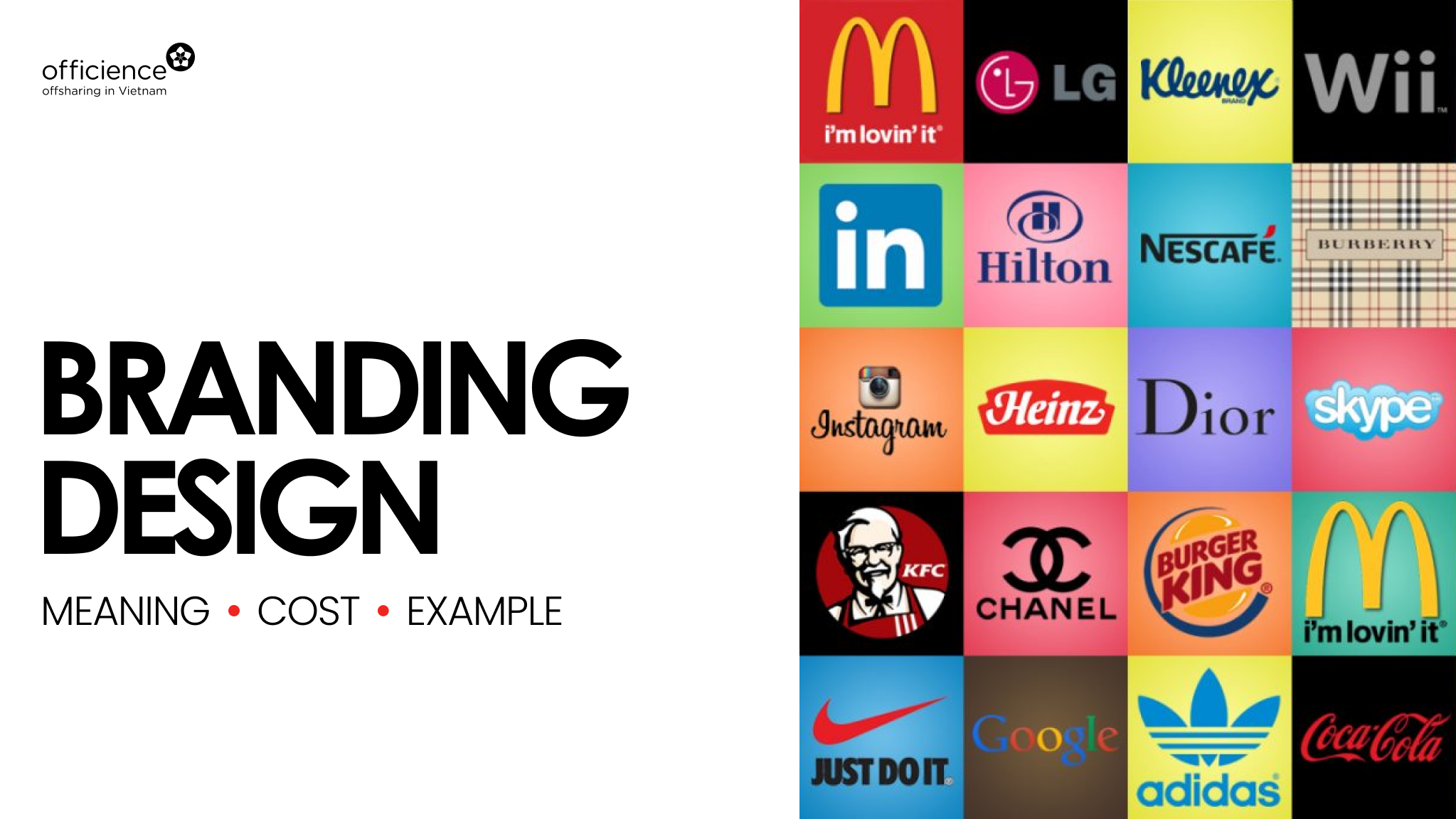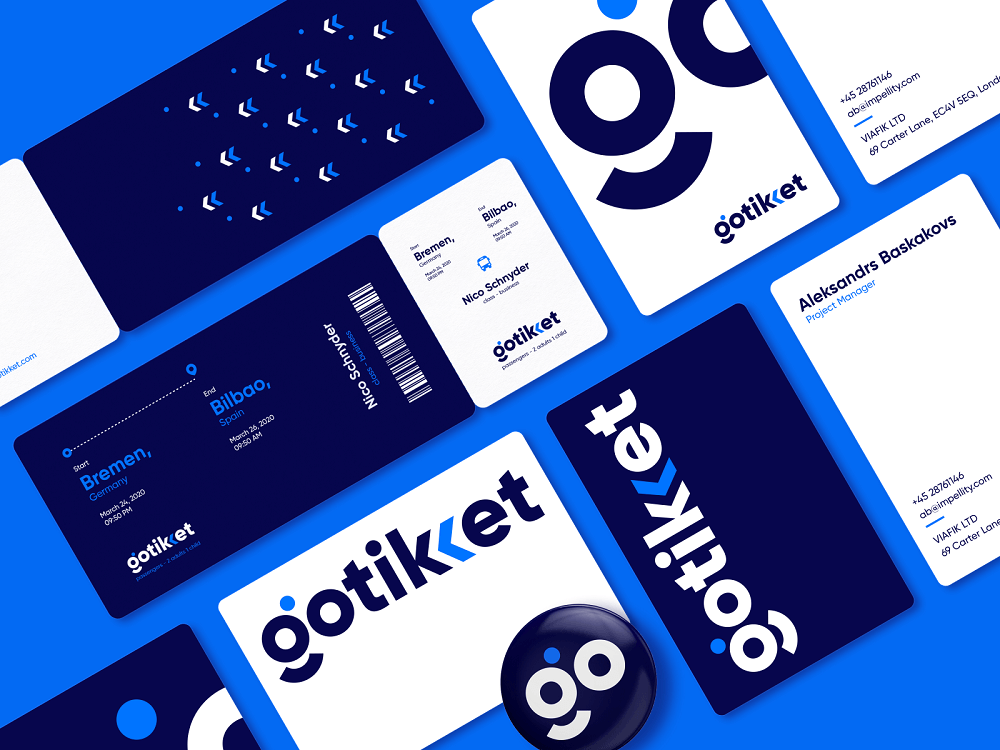The Value of Robust Branding in Today's Open market
The Value of Robust Branding in Today's Open market
Blog Article
Why Durable Branding Is Essential for Market Management
In today's competitive landscape, robust branding arises as a vital element for accomplishing market leadership. A distinct brand identification not just establishes a firm apart from its opponents yet additionally grows trust fund and psychological connections with customers. These aspects are important for promoting loyalty and encouraging repeat business, yet several companies forget the much deeper effects of their branding methods. As we check out the complex nature of branding, it ends up being obvious that the risks are high for those who fail to identify its relevance in shaping lasting service success. What are the specific methods that can elevate a brand name to this prestigious status?
Recognizing Brand Identification
Regularly identifying the importance of brand identity is critical for any type of organization desiring attain market management. Brand identity encompasses the visual components, messaging, and general assumption that distinguish a business from its competitors. It acts as a structure for how consumers regard and interact with a brand name, playing a crucial duty in forming their assumptions and experiences.
A well-defined brand name identification connects the core worths and objective of an organization, creating a psychological connection with its target market. Elements such as logos, color plans, typography, and intonation should straighten cohesively to convey a constant message across all systems. This uniformity enhances brand name acknowledgment and cultivates client commitment.
Organizations that focus on a strong brand name identification can efficiently distinguish themselves, construct a positive online reputation, and grow a loyal consumer base. Inevitably, a robust brand identification is vital for navigating affordable landscapes and sustaining long-term success.
Building Consumer Count On
A solid brand identity prepares for building customer count on, a crucial element in attaining market management. Trust fund is not merely an emotional response; it is a tactical asset that can substantially affect buying choices and brand commitment. Companies that grow openness, integrity, and uniformity in their messaging and actions foster a sense of safety among customers.
To develop this count on, brands need to supply on their pledges. This implies guaranteeing that product top quality meets client expectations which solution experiences are favorable and receptive. In addition, consistent interaction strengthens integrity; when customers recognize what to expect and that their issues will be attended to, their self-confidence in the brand strengthens.
Social proof likewise plays a critical function in establishing trust. Favorable evaluations, testimonies, and endorsements from qualified sources improve a brand's online reputation and can guide potential customers. Involving with clients with social platforms and resolving their problems openly shows liability and dedication.
Distinction in Competitive Markets
In today's crowded market, distinction is essential for brand names looking for to stand out and record consumer attention. With countless alternatives readily available, consumers are often overloaded, making it important for brands to develop an unique identification that resonates with their target market. This differentiation can materialize through numerous aspects, consisting of item attributes, prices strategies, customer care, and brand name messaging.
Effective differentiation includes not just identifying what makes a brand one-of-a-kind however additionally connecting these distinctions clearly and constantly. Brands should express their value proposal in this page a method that addresses certain consumer requirements and choices. For example, a company might concentrate on sustainability, cutting-edge technology, or individualized client experiences to take a specific niche in an affordable landscape.
In addition, brand names need to consistently examine their affordable setting to adjust and fine-tune their differentiation approaches. This aggressive strategy ensures that they stay relevant and attractive to customers as market characteristics evolve. Inevitably, durable branding that stresses differentiation not only fosters brand loyalty but also places a firm as a leader in its market, paving the means for continual development and market dominance.
Emotional Links With Customers
Emotional links serve as an effective driver in building long lasting partnerships in between consumers and brands. When customers resonate with a brand name on a psychological level, it cultivates commitment that transcends mere transactional communications. Brand names that successfully stimulate feelings-- whether with narration, shared worths, or authentic involvement-- create a feeling of belonging for their consumers.
These psychological ties can significantly affect purchasing decisions, as consumers are often use this link driven by sensations rather than reasoning. A brand name that lines up with clients' desires or addresses their pain points can cultivate a deep-rooted commitment that results in duplicate service and positive word-of-mouth recommendations.
Furthermore, emotional branding permits companies to distinguish themselves in jampacked markets. By tapping right into the views of their target market, brands can sculpt out an one-of-a-kind identity that resonates deeply, making them unforgettable and favored you could look here over competitors.
In an age where customers are pestered with selections, a strong emotional connection can be the making a decision consider brand name preference. Therefore, focusing on emotional involvement is not just a marketing technique; it is a strategic important for brand names seeking to establish significant partnerships and enhance customer retention.
Long-Term Service Success
Lasting organization growth rests on the ability to cultivate durable branding techniques that reverberate with customers gradually. A strong brand not only separates a firm from its rivals yet also cultivates loyalty and depend on among consumers. This lasting relationship is necessary for making certain repeat business, which significantly adds to revenue stability and development.
In a progressively affordable market, brand names that communicate a consistent and clear message are most likely to grow. This uniformity reinforces brand identity, making it much easier for customers to recall and choose the brand name over others. Robust Branding. Therefore, a well-established brand name can adapt to market changes without shedding its core significance, enabling advancement without estranging faithful clients
Furthermore, durable branding develops a system for consumer involvement, where services can gather feedback and adapt their offerings appropriately. This repetitive procedure not only enhances consumer complete satisfaction however also develops an area around the brand name, cultivating a sense of belonging.
Final Thought

Organizations that prioritize a solid brand name identity can properly separate themselves, develop a positive credibility, and cultivate a faithful consumer base.A solid brand identification lays the foundation for building client count on, a vital element in accomplishing market leadership. A solid brand name not only differentiates a firm from its competitors however additionally cultivates commitment and trust fund amongst customers. As an outcome, a well-established brand name can adjust to market modifications without losing its core significance, enabling for innovation without estranging loyal customers.

Report this page